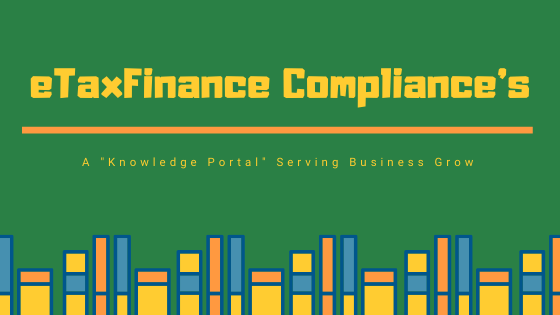Shareholders and the Directors are an integral part that is responsible for the successful running of the company. Their relationship is a complex as both are mutually dependant on each other.
Who is a Director?
A director is someone who’s responsible for leading and overseeing a company.Collectively, directors form the board of directors.
Directors are considered the trustees of company’s property and money, and they also act as the agents in transactions which are entered into by them on behalf of the company.
Every company shall have a Board of Directors consisting of individuals as directors and shall have—
- A minimum number of three directors in the case of a public company, two directors in the case of a private company, and one director in the case of a One Person Company; and
- A maximum of fifteen directors: Provided that a company may appoint more than fifteen directors after passing a special resolution.
Directors are usually appointed by shareholders at the company’s Annual General Meeting (AGM).
Who is a Member?
Member generally is defined as the subscriber to a firm’s MOA and whose name is entered in the firm’s register of members.Along with the agreement, if they’ve agreed to share the company’s shares they become the Shareholders of the Company.
Under the Companies Act, 2013. Following are the minimum and maximum numbers of members required to form a company:
- Private company: minimum of 2 members and maximum 200 members ( maximum number was 50 under the old act)
- Public company: minimum 7 members and no maximum limit is prescribed for public company
- One person company: one member
The liabilities of members are limited to the amount of shares held by them in the case of a company having share capital while in the case of a company limited by guarantee the liability of members is limited to the amount of guarantee given by them. But, in the case of an unlimited company the members have to contribute from his personal assets to pay the debts.
Key Differences Between Directors and Members
| Director | Member |
|---|---|
| A company director does not own the company. | The members own the company by owning its shares. |
| Companies Act, 2013 defines ‘Director’ under section 2(34) | Companies Act, 2013 defines ‘Member’ under section 2(55) |
| The minimum number of directors for a Private company is 2, for Public Company is 3, for OPC is 1. | The minimum number of members required for a private company is 2 whereas for a public company is 7 and OPC can have only one member. |
| Directors are entitled to receive remuneration and sitting fees from the company or any other fees as provided to them for services provided in any other capacity. | The members are entitled to receive part of profits as dividend |
| Directors are usually appointed by shareholders at the company’s Annual General Meeting (AGM). | A person whose name is entered in the register of members of a company. |
Thus, Shareholders and the Directors are an integral part that is responsible for the successful running of the company. Their relationship is a complex as both are mutually dependant on each other.
For more details contact out team at +91-7991109093 or drop email us at [email protected]
Note: This Post was last updated on January 23, 2023
Disclaimer: The entire contents of this document have been prepared on the basis of relevant provisions and as per the information existing at the time of the preparation i.e. January 23, 2023. Although care has been taken to ensure the accuracy, completeness and reliability of the information provided, We assume no responsibility therefore. Users of this information are expected to refer to the relevant existing provisions of applicable Laws. The user of the information agrees that the information is not a professional advice and is subject to change without notice. We assume no responsibility for the consequences of use of such information. IN NO EVENT SHALL WE SHALL BE LIABLE FOR ANY DIRECT, INDIRECT, SPECIAL OR INCIDENTAL DAMAGE RESULTING FROM, ARISING OUT OF OR IN CONNECTION WITH THE USE OF THE INFORMATION.


